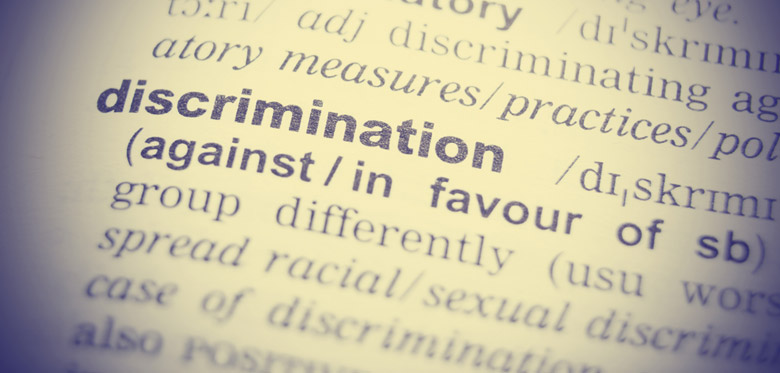If you have been the victim of discrimination by a service provider, you may have a claim under the Equality Act 2010.
What is a service provider?
A service provider can be a company, organisation or business which offers goods, facilities and/or services to the public. Service providers can include:
- Housing associations;
- Universities and further education providers;
- Leisure and retail companies; and
- Public and private transport providers.
You may have recently heard about the case of Paulley v First Group PLC, in which the Court of Appeal held that a travel company’s policies indirectly discriminated against Mr Paulley because they did not provide for the enforcement of the use of an allocated wheelchair space for the disabled over other service users who were not disabled. In this case, Mr Paulley had been refused access to the bus service on the basis that a mother with a child sleeping in a pram was already occupying the space and had refused to vacate it.
You may also have heard about the case of Lee v Ashers Baking Co Ltd in Northern Ireland, in which a bakery was found to have discriminated against a customer after refusing to ice a cake with the slogan “support gay marriage”. The reason given for their refusal to accommodate the request was the bakery owner’s beliefs.
The above are just two examples of discrimination by a service provider, however they demonstrate the wide variety of discrimination matters which can be brought before the court.
Discrimination by housing associations
Common discrimination claims brought against housing associations are made by individual tenants.
Issues can arise with the strict implementation of banding criteria which does not provide for flexibility in circumstances where a person with, for example a specific disability would be placed at a disadvantage. Other claims may arise from housing associations failing to provide adequate support and assistance to tenants or potential tenants who require it as a result of a disability.
Local authorities are also under a duty, in their capacity as landlords, to accommodate their tenants who suffer from disabilities, to enable them to enjoy their home as other tenants would be able to.
Discrimination by universities and further education providers
Most commonly, students bring claims against these institutions because they have failed to make reasonable adjustments to accommodate students’ disabilities.
Should universities or further education providers fail in their duty to make such reasonable adjustments as are required, claims can be brought in the County Court for injunctive orders enforcing these duties along with claims for payments of damages in lieu of financial losses incurred and injury to feelings and/or health caused by the apparent failures.
Leisure and retail companies
The leisure and retail industry includes all manner of businesses providing services relating to recreational activities, entertainment, sports and tourism, including hotels, gyms and cinemas.
Claims can be brought by individuals who believe that they have been treated unfavourably by employees of or the policies of leisure and retail business, if it can be proven that such conduct was by reason of their protected status.
Businesses cannot refuse service or subject an individual to a poorer quality of service than others on the basis of their race, gender, perceived sexual orientation, perceived marital status, pregnancy, perceived transgender status, perceived religious beliefs or their disability.
Cases brought in the County Court for this type of discrimination generally include claims for damages in compensation for such treatment.
Public and private transport providers
If you believe that you have been treated less favourably by employees of or the policy of a public/private transport provider (including train companies, bus companies, and private taxi firms), if you can prove that such treatment is by reason of your protected status, you may have a claim of discrimination.
Transport providers cannot refuse service or subject an individual to a poorer level of service on the basis of their race, gender, perceived sexual orientation, perceived marital status, pregnancy, perceived transgender status, perceived religious beliefs or their disability.
Common complaints in this regard relate to the quality of service provided to disabled customers, including the refusal of carriage because of mobility aids.
If you feel that you have been discriminated against by a service provider, please do not hesitate to get in touch. Stephensons have a dedicated specialist discrimination team who will be happy to help. Call us today on 01616 966 229.




Comments